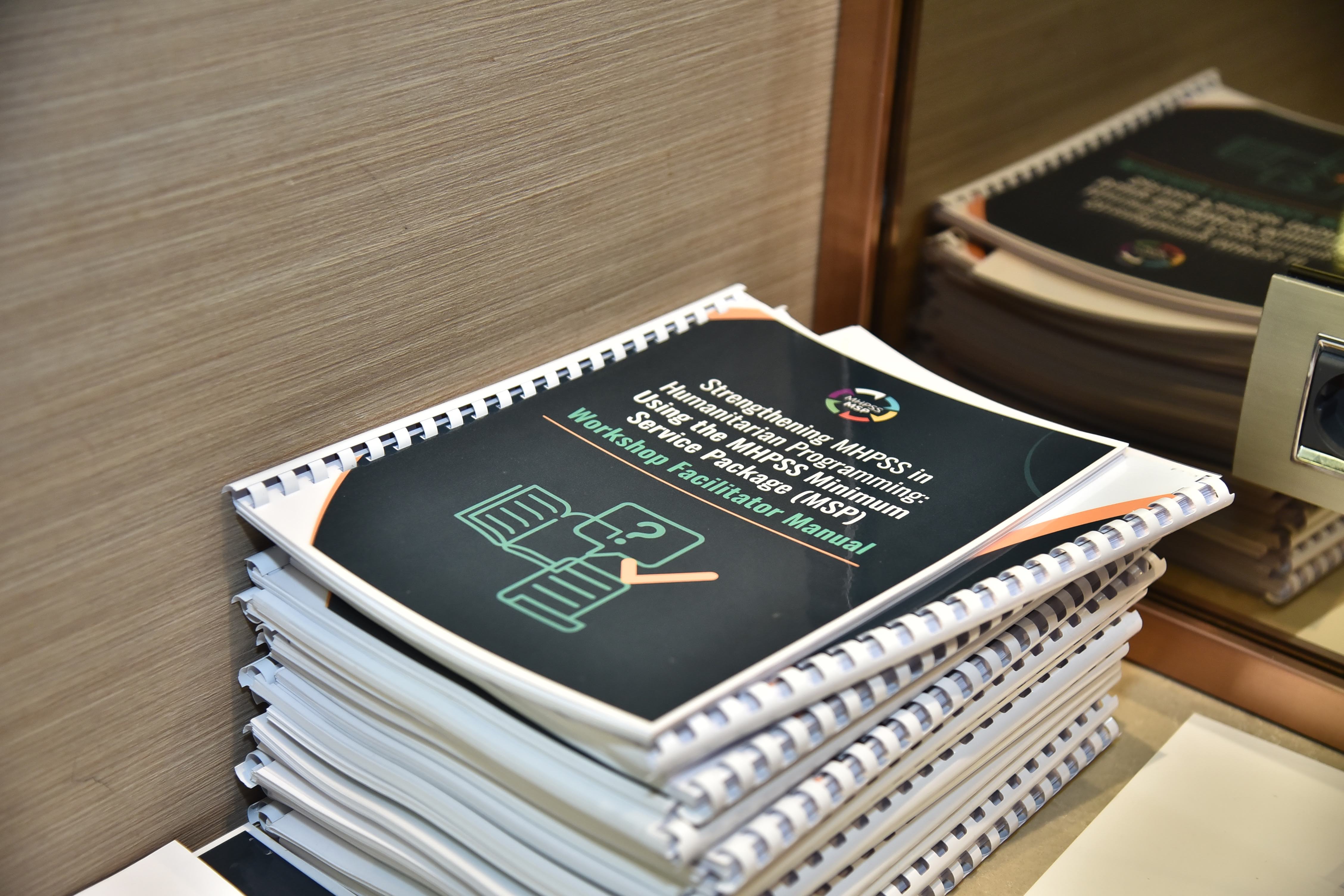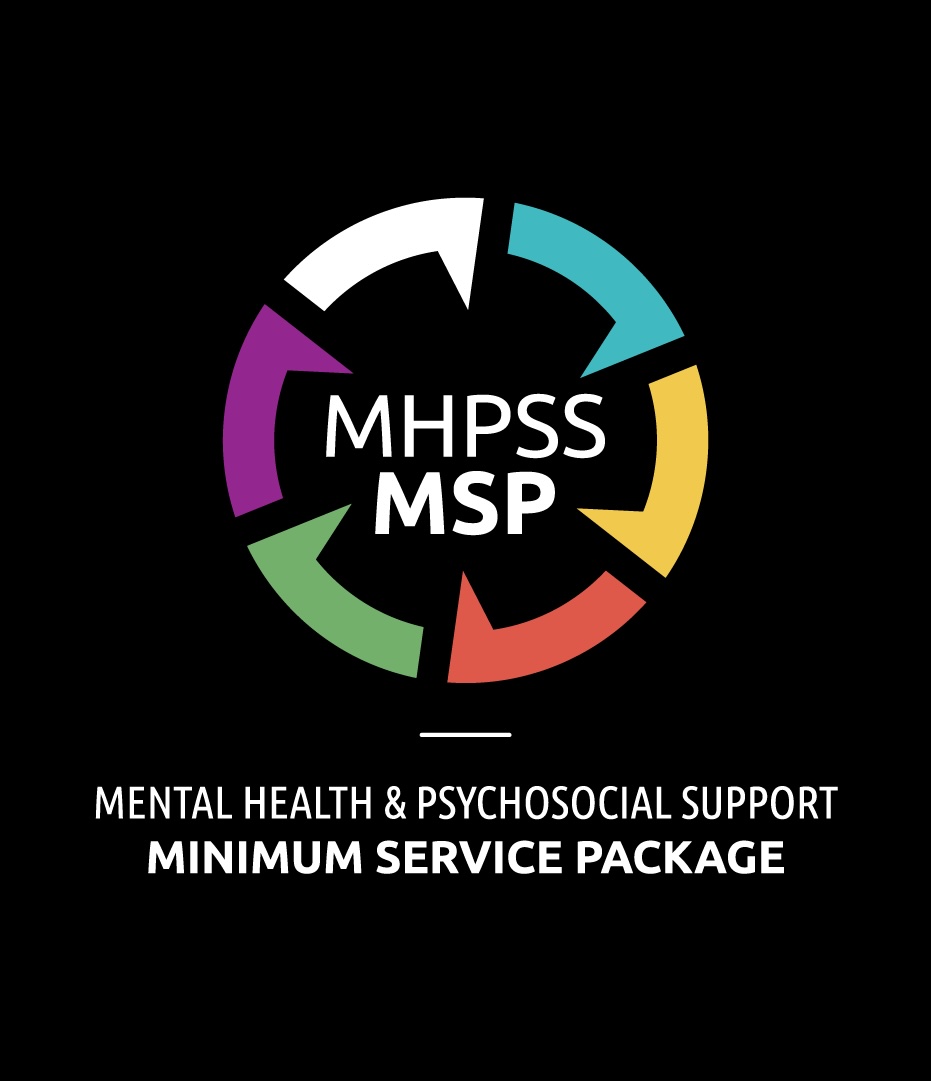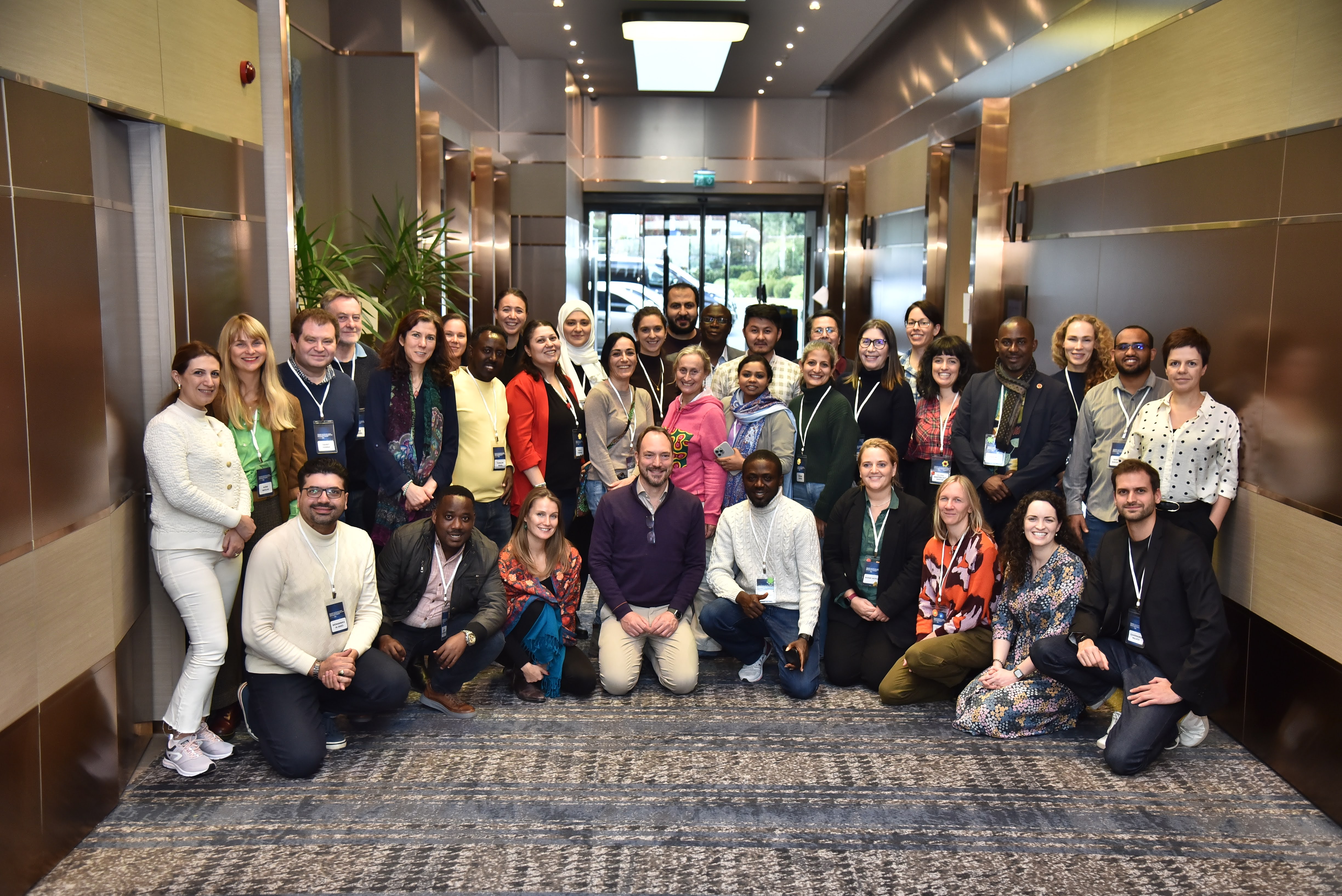With over 300 million people worldwide in need of humanitarian assistance due to conflict, climate change, political instability, and natural disasters, the demand for mental health support has never been greater.
To address this urgent need, WHO has worked with partners to develop the Mental Health and Psychosocial Support Minimum Service Package (MSP) , which is widely used to improve the scale and quality of emergency mental health responses. The MSP informs users on which mental health and psychosocial support activities should be done in emergencies around the world. It helps actors from different sectors to know what mental health and psychosocial support to provide.
"In emergencies, decisions need to be made quickly, and funding needs to be allocated, so that priority actions can be taken," said Dévora Kestel, Director a.i., Department of noncommunicable diseases and mental health at WHO. "The MSP gives guidance to coordinate essential activities to ensure they reach the affected people."


The MSP provides step-by-step guidance for delivering essential mental health and psychosocial support services, grounded in best practices and field-tested tools. There are seven key MSP resources for mental health and psychosocial support in emergencies.
- Minimum service package (MSP)
An easy-to-use guide outlining the most urgent MHPSS activities to implement during humanitarian crises, supporting faster and better-informed responses across all sectors through best practice guidelines, standards, and tools.
- MSP workshop package
A ready-to-use training package including facilitator guides, presentations, and exercises to build capacity and raise awareness of MSP priorities.
- MSP sector-specific quick start guides
Tailored guidance for integrating MHPSS into different humanitarian sectors and areas of responsibility, enabling cross-sectoral coordination.
- MSP monitoring and evaluation (M&E) indicator bank
A list of indicators to assess the reach, quality, and impact of MSP activities. These indicators can also support programme planning and proposal development.
- Multi-sectoral MHPSS assessment toolkit
Tools and guidance for conducting needs assessments, mapping, and situational analyses to ensure that responses are informed by evidence and context.
- Mapping and assessment report repository
A searchable database of existing MHPSS assessments and reviews conducted in humanitarian settings, promoting knowledge sharing and informed planning.
- MHPSS training database
A global directory of in-person and online training opportunities to strengthen MHPSS competencies. Users can search by activity type, delivery method, duration, and language.
 Participants of a MHPSS MSP global workshop for roster members held in Türkiye
Participants of a MHPSS MSP global workshop for roster members held in Türkiye
The MSP was developed through an interagency collaboration led by WHO and UNICEF, together with UNHCR, UNFPA, and a broad coalition of humanitarian partners. This project was made possible through the generous support of the Ministry of Foreign Affairs of the Netherlands and the Directorate-General for European Civil Protection and Humanitarian Aid Operations.






